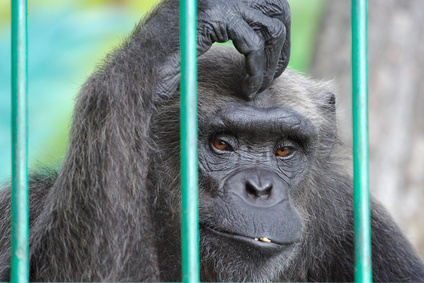
I am reblogging this post as I have the distinct impression that most of the world, including most of the academic world, don’t realize that the Theory of Evolution, which seems to be accepted more like a fact in modern society, is still not completely settled. While the official face of the scientific world continues to bow in homage to Darwinian Theory, doubts of its ultimate viability and explanatory scope are increasing.
This is not to say that doubts about evolution, generically, are increasing. Evolution can mean any number of things, including the adaption of species over long periods of time. Garden variety evolution is not seriously in question (to put a layman’s spin on it).
Rather, evolution as an explanation of the origin of life and which defines the entirety of the biological process, from beginning to end, is still in some flux. If you don’t believe me, listen to Stephen Meyer and Perry Marshall debrief the Royal Society meeting of eminent biologists last November. (See Unbelievable? What happened to evolution at the Royal Society? Stephen Meyer & Perry Marshall)
Their report (as well as others) reveals a Neo-Darwinian theory in crisis. Many scientists are finding it increasingly difficult to maintain the old paradigm, even with a face lift, in light of ongoing research and discovery. The old model is straining under the pressure.
It isn’t any wonder, then, I suppose, that the number of scientists willing to sign a petition expressing skepticism about the contemporary theory of Darwinian evolution has risen ten times since 2001.
Skepticism About Darwinian Evolution Grows as Over 1000 Scientists From Around the World Declare Their Doubts About Darwinism WASHINGTON, Feb. 5, 2019 /PRNewswire/ — Over 1000 doctoral scientists from around the world have signed a statement publicly expressing their skepticism about the contemporary theory of Darwinian evolution, according to Discovery Institute. The statement, located online at http://www.dissentfromdarwin.org, reads: “We are […]


